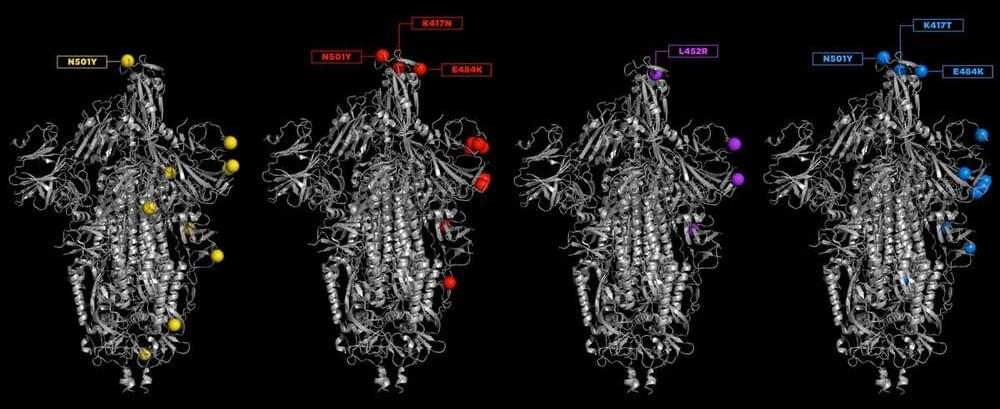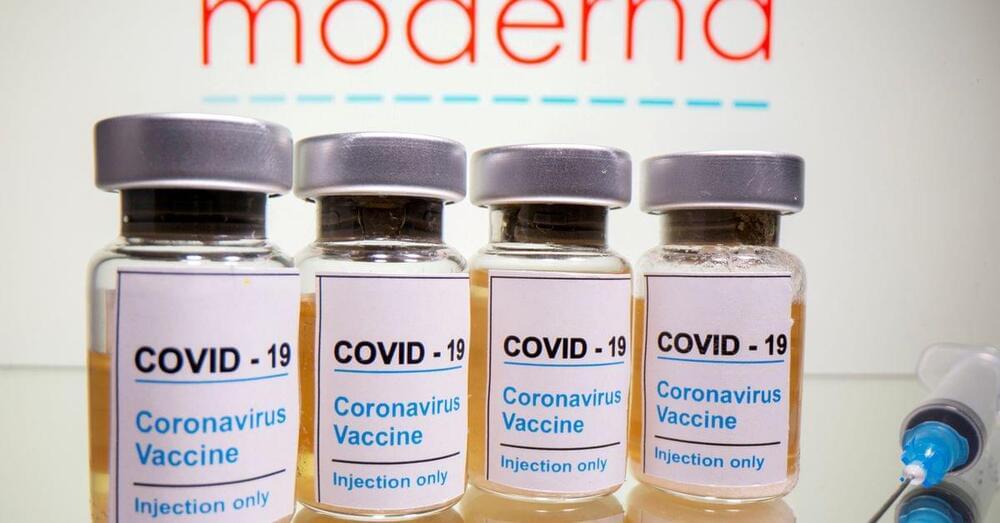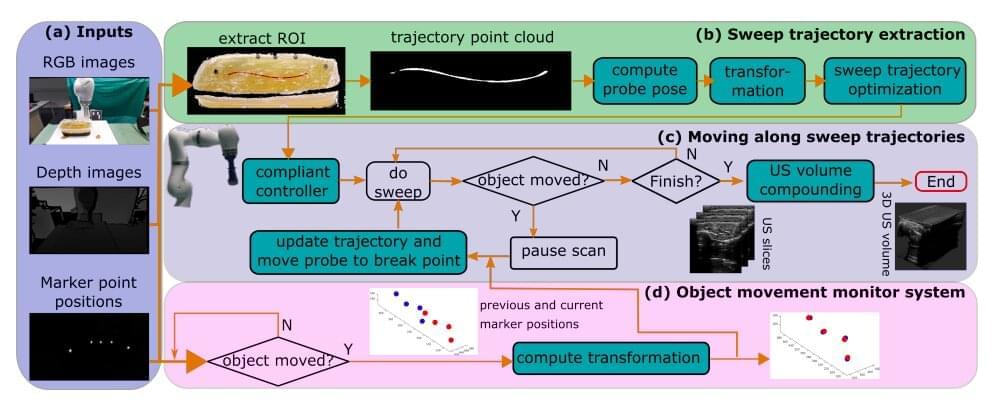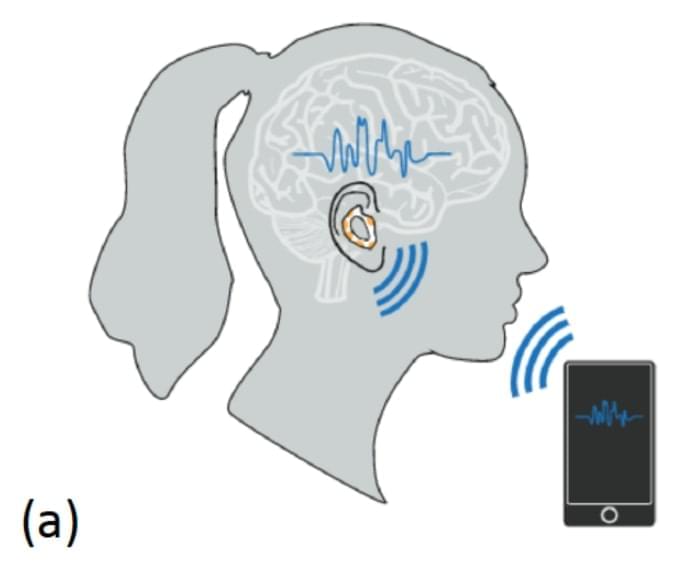Wide Area Networks (WANs), the global backbones and workhorses of today’s internet that connect billions of computers over continents and oceans, are the foundation of modern online services. As COVID-19 has placed a vital reliance on online services, today’s networks are struggling to deliver high bandwidth and availability imposed by emerging workloads related to machine learning, video calls, and health care.
To connect WANs over hundreds of miles, fiber optic cables that transmit data using light are threaded throughout our neighborhoods, made of incredibly thin strands of glass or plastic known as optical fibers. While they’re extremely fast, they’re not always reliable: They can easily break from weather, thunderstorms, accidents, and even animals. These tears can cause severe and expensive damage, resulting in 911 service outages, lost connectivity to the internet, and inability to use smartphone apps.
Scientists from the MIT Computer Science and Artificial Intelligence Laboratory (CSAIL) and from Facebook recently came up with a way to preserve the network when the fiber is down, and to reduce cost. Their system, called ARROW, reconfigures the optical light from a damaged fiber to healthy ones, while using an online algorithm to proactively plan for potential fiber cuts ahead of time, based on real-time internet traffic demands.





